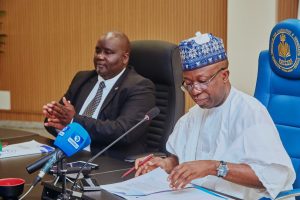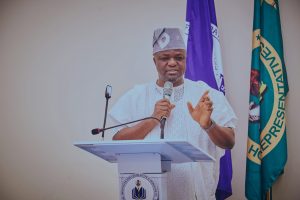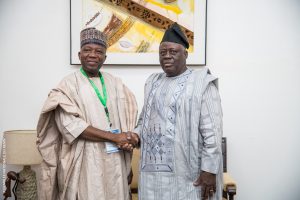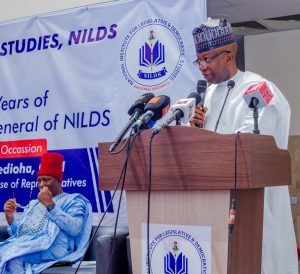Director General, National Institute for Legislative and Democratic Studies, NILDS, Prof. Abubakar O.Sulaiman has acknowledged that despite ongoing reforms, Nigerians continue to face rising electricity, transportation, petrol, aviation fuel, diesel, and cooking gas costs.
Prof. Sulaiman pointed out that Nigeria’s electricity generation capacity remains low relative to its population, especially in comparison to countries like South Africa, Egypt, and Algeria.
He made this call on Monday during a seminar titled “Rising Energy Costs: Issues and Way Forward” organized by the Institute. He noted that years of public investment and changes in the management of the electricity sector have not yielded the desired results.
“The transport sector has recorded some gains in diversification, but the cost of fuel remains high,” Sulaiman said. He also highlighted safety concerns related to the introduction of compressed natural gas (CNG), despite its potential benefits.
He added that rising cooking gas prices have driven some households to revert to fuelwood, posing environmental and climate risks.
He underscored the importance of addressing these challenges at a time when the government’s bold reforms—such as the removal of electricity and fuel subsidies are expected to deliver long-term benefits.
“The task before us is to examine these issues from all angles and propose sustainable solutions that can be adopted by governments at all levels, as well as the private sector,” he said.
He emphasized that energy is central to economic growth and national development, making its affordability and availability a critical priority. Sulaiman called on experts from various fields to contribute actionable insights that would help the government achieve its goal of ending energy poverty







